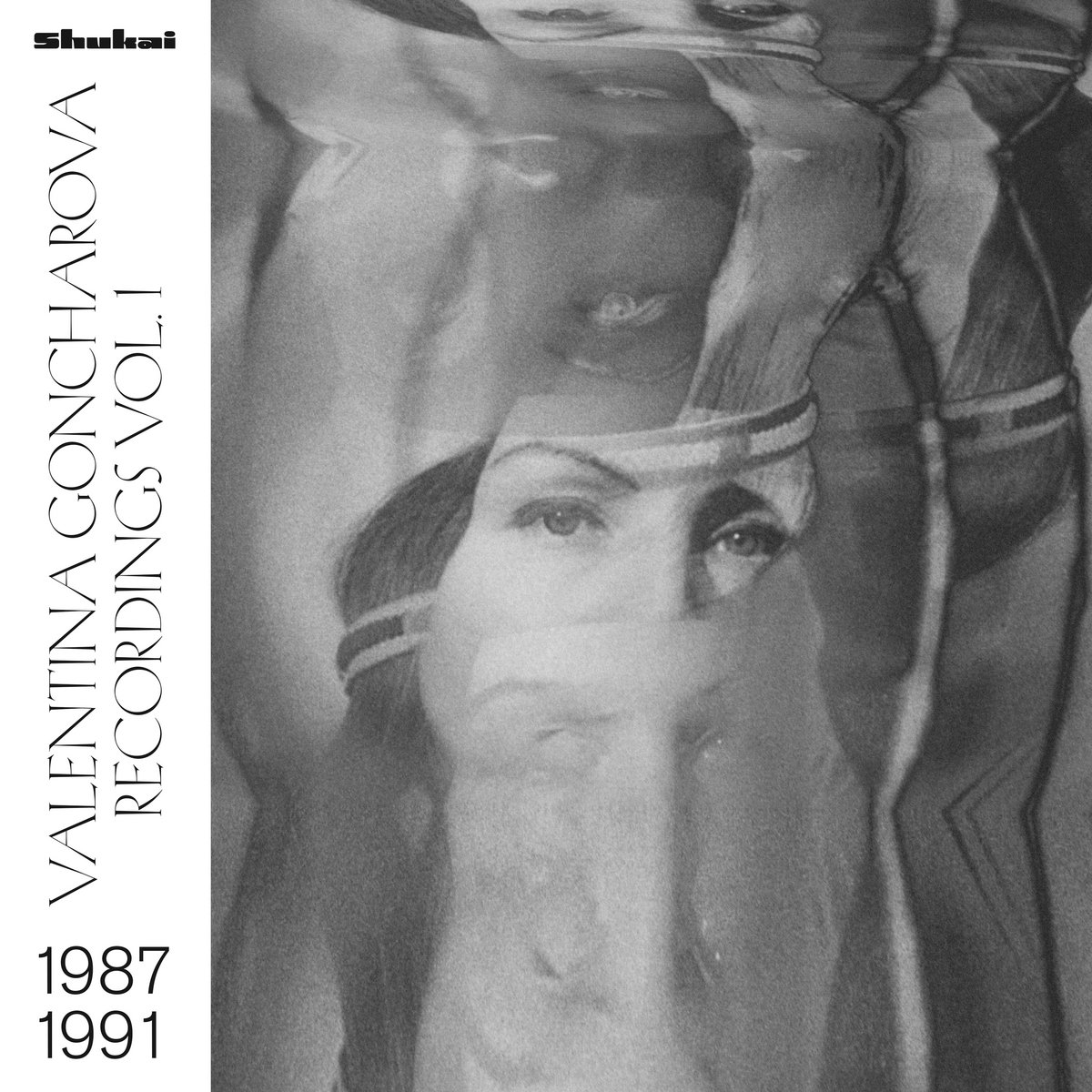 This first volume of Valentina Goncharova's home studio recordings is devoted to her remarkable solo work over a four year period from 1987. The first six tracks in particular illustrate her genius for balancing written composition with spontaneity, and for manipulating sources (such as her voice and cello) into beautifully hypnotic maelstroms of melodic dissonance.
This first volume of Valentina Goncharova's home studio recordings is devoted to her remarkable solo work over a four year period from 1987. The first six tracks in particular illustrate her genius for balancing written composition with spontaneity, and for manipulating sources (such as her voice and cello) into beautifully hypnotic maelstroms of melodic dissonance.
I have read about the breadth and artistic vision of Valentina Goncharova, her classical studies, her quest for experimentation, her embrace of musique concrete and drone, free jazz and underground rock, her interests in Boulez, Riley, Stockhausen and others, and her wildly inventive home studio shenanigans. None of which fully prepared me for the mind-melting allure of her best music, with it's hypnotic frequencies, and mastery of space and spirit.
Writers from John Lydgate, to Cervantes, Donne, and Shakespeare, have all agreed that comparisons are odious, but the title of Goncharova's fantastic piece called "Insight" brings to mind a comparison which I cannot resist. More than 40 years ago I went to see Buzzcocks and was stunned by the 30 minute set from the support group—Joy Division*—after whom Pete Shelley and co sounded like The Monkees. Had Valentina Goncharova appeared first on that bill—blasting manipulated cello strings and synthesizer keys—she would have made Ian Curtis and co sound like The Monkees and Buzzcocks sound like The Archies. Just listen to the magic and power she generates on "Insight" (even the first 60 seconds will be enough). More than noise, more than avant-garde exploration, there is a cathartic and poignant quality to the extraterrestrial reverberations and exotic drone of both "Insight" and "Passageway to Eternity." In the face of these two tracks I groped for descriptors and, as usual, found only ludicrously subjective mental pictures: of electrical pulses whining along phone wires in the desert, an exhausted UFO fighting to stay aloft but losing power and sinking beneath quicksand. Separating these masterpieces is the delicate and eerie "Zen Garden'' which sounds like a duet between (and I have no experience of playing either) a Scottish fiddle and an Atari game console, as they pass in space aboard separate satellites.
"Maitreya" appears to consist of little more than muted clanging bells and the sound of Goncharova wailing into her cello strings, yet after getting "the treatment" the combined and altered sound ends up as a transcendent hyper-mantric exorcism of reason. "Higher Frequencies" the shortest tune on the album is initially sweet sounding but does have an odd atmosphere of approaching dread, like signing a 12 month lease and then realizing you've moved in next door to Craig Leon and The Clangers.
My preference would be for the album to end right there, and if this music had been released before CDs and digital downloads, then it may have. Certainly the final four tunes, including the 18 minutes of "Metamorphoses," all add to the experimental variety, yet to me they sound like they belong on a different disc. Dissenters can just be happy with the bonus. Make no mistake, though, Vol1 is an astonishing discovery, as mystifying as it is satisfying. I picture two trains on parallel tracks. One train is called composition and the other is improvisation. Valentina Goncharova is driving both. She keeps both trains close, makes them switch tracks, even runs both on the same track, all without causing a crash.
*Joy Division has a completely different song called "Insight."
Read More

